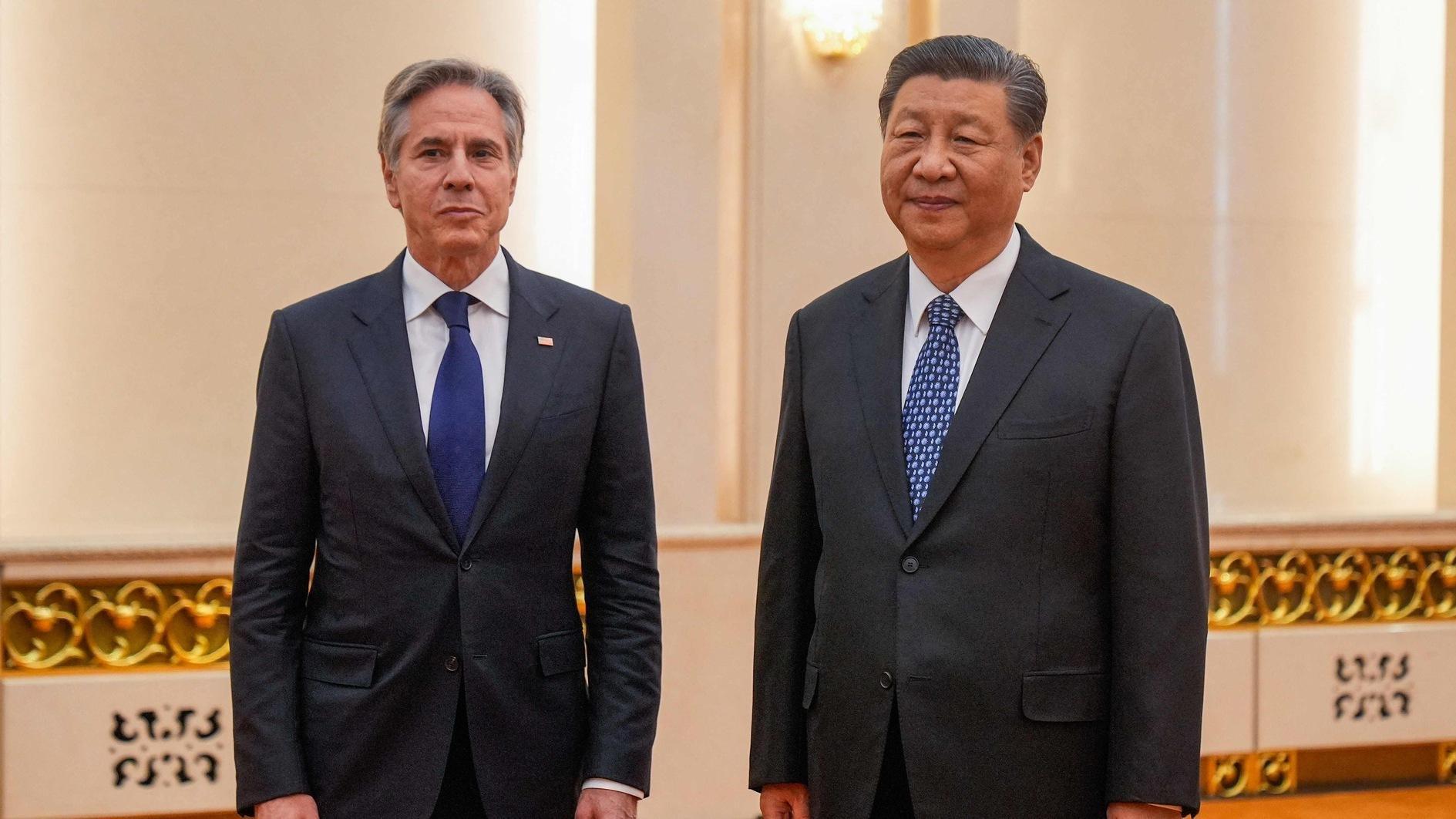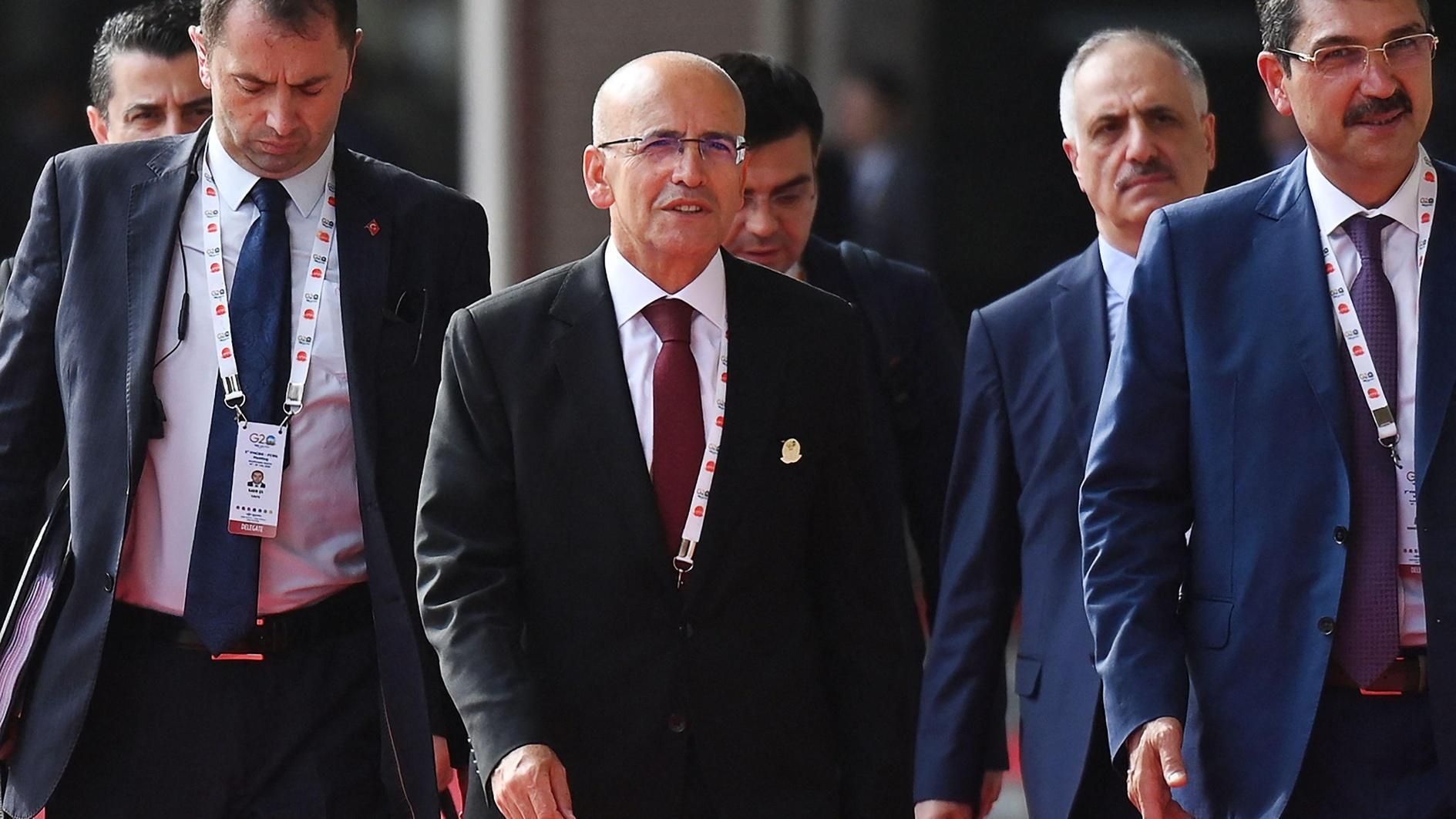Turkey’s hard stance on Syria hides its conflicted loyalties
HENRI BARKEY
In a matter of months – a blink of the eye in international politics – relations between Turkey and Syria have gone from what both countries often called “two peoples, one government,” to outright hostility and unprecedented rancor. What is remarkable about this transformation is that it was not caused by one country perpetrating a hostile act against the other.
The shift occurred largely because Turkish leaders have come to the conclusion that the Baath regime in Damascus, facing a wave of protests, is incapable of implementing reforms, and that Bashar al-Assad’s days are numbered.
The current Turkish position is informed by both the momentous changes put into motion by the Arab Spring and a sense of pragmatism induced by the lessons learned from earlier policy miscalculations, primarily in Libya. In sum, Turkish leaders have decided that Mr. Bashar al-Assad is on his way out, and the sooner this takes place the better it will be for them and the region. Hence, Ankara has decided to help speed up the process of regime change, although its policy options are quite limited.
Regime change was not Prime Minister Recep Tayyip Erdoğan and Foreign Minister Ahmet Davutoğlu’s first choice. In fact, upon assuming power, Mr. Erdoğan invested heavily in Syria.
Turkish exports mushroomed from $184 million in 2000 to $1.64 billion in 2010. The two countries eliminated visa requirements, signed free trade agreements and undertook investments in the energy field. Many Turkish towns adjacent to the border experienced an economic boom as a result of both increased trade and tourism.
Mr. Erdoğan would have much preferred for al-Assad to manage a reform process that would have kept him at the helm. Relying on his personal friendship, he tried to nudge the Syrian president in that direction. Refugees fleeing into Turkey from Syrian border towns subjected to Syrian military and paramilitary attacks pushed him to harden his stance.
Turkey, however, faces a real dilemma in Syria. On the one hand, it has become the front-line state in opposition to al-Assad. There are about 8,000 Syrian refugees camped within Turkish borders. The Syrian opposition has been given a relatively free hand to organize politically, but not militarily, on Turkish soil. All of this has once again imbued Turkey with a great deal of international importance and a potential leadership role. Worries about the potential implosion of the Syrian regime have also led to a rebuilding of relations between Washington and Ankara at a time when Erdoğan’s policies on Iran and Israel had caused a great deal of consternation in the US.
On the other hand, Turkey may be unwilling to make the important sacrifices necessary to further weaken al-Assad’s rule in Damascus. Closing the border, imposing a trade embargo and arming the rebels are understandably difficult, if not impossible, choices. In Turkey’s border towns, especially in the southern province of Hatay where large numbers of Alawites, part of the same community as Syria’s ruling Alawite minority, the government’s Syria policy is seriously contested.
Turkish-Syrian trade association leaders in Istanbul recently told me they opposed a trade embargo on Syria. Ankara prioritized the export sector; already worried about its current account deficit it cannot really afford to forsake any export market, let alone one this close.
But deteriorating economic conditions will ultimately make the question of trade sanctions moot anyway. Syria is burning through its foreign exchange reserves and Turkish businessmen will find that the obstacles to trade will increase naturally. This may convince Syrian business elites to switch sides.
Even more difficult for Turkey would be the establishment of a no-fly zone over northern Syria. Ankara perceives such a move as a potential prelude for an armed western intervention, which it opposes. If Syrian Kurds won Iraq-style autonomy, then Turkish Kurds, who are already mobilized, could feel emboldened to further challenge their own central government. There are suspicions of renewed Syrian and Iranian support for Kurdistan Workers’ Party (PKK) violence in the southeast of the country. Far more worrisome is the potential refugee influx, were the Syrian crisis to transform itself into a fully fledged civil war.
Having concluded that the Assad regime is marching inexorably toward a political sunset, Ankara wants to avoid a repeat of Libya’s experience. To this end, they will use every ounce of diplomatic influence they think they have to increase the pressure on Mr. Assad.
* Henri J Barkey is a professor for International Relations at Lehigh University. This abridged article was originally published in the National.











